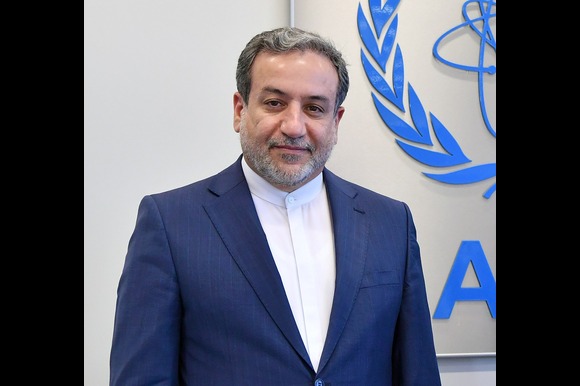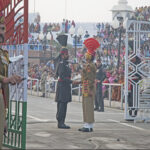Planned negotiations between the US-Iran, set to take place this weekend to address Tehran’s rapidly advancing nuclear programme, have been delayed, Oman announced on Thursday.
Omani Foreign Minister Badr al-Busaidi shared the news in a statement posted on the social media platform X, formerly Twitter.
“For logistical reasons we are rescheduling the US-Iran meeting provisionally planned for Saturday May 3rd,” al-Busaidi wrote. “New dates will be announced when mutually agreed.” Al-Busaidi, who has hosted and mediated three prior rounds of discussions, did not offer further explanation regarding the delay.
Iranian Foreign Ministry spokesperson Esmail Baghaei issued a statement attributing the postponement to Oman’s request. “The talks were postponed at the request of Oman’s foreign minister,” he said, adding that Iran “remains committed to reaching a fair and lasting agreement.”
In contrast, a source familiar with the U.S. negotiating team told reporters that Washington “never formally confirmed” its attendance at a fourth round of discussions in Rome. However, the source added, the U.S. continues to anticipate talks taking place “in the near future.” The source spoke on condition of anonymity due to the private nature of the diplomatic negotiations.
The upcoming round had been scheduled for Rome, a city about to host the Vatican conclave next Wednesday to select a new pope following the passing of Pope Francis. The prior two sessions had been held in Muscat, Oman’s capital. These discussions aim to restrain Iran’s nuclear programme in return for easing some of the severe U.S. economic sanctions that have been imposed amid decades of hostility between the two nations.
Leading the talks have been Iranian Foreign Minister Abbas Araghchi and U.S. Middle East envoy Steve Witkoff, both of whom have played central roles in efforts to bridge deep divides over Iran’s nuclear ambitions and American sanctions policy.
U.S. President Donald Trump has repeatedly issued warnings that he may authorize military strikes on Iran’s nuclear sites if no diplomatic agreement is achieved. Meanwhile, Iranian officials have responded with increasing threats of their own, suggesting that Tehran may pursue nuclear weapons as its uranium enrichment nears weapons-grade levels.
The 2015 nuclear agreement between Iran and world powers had placed significant limitations on Iran’s nuclear activities. However, in 2018, Trump unilaterally pulled the U.S. out of the accord, reigniting years of tension and confrontation. Regional stability has further deteriorated in recent months amid the ongoing Israel-Hamas war in Gaza, adding more urgency to international efforts to reach a resolution.
At the same time, the United States continues its military campaign known as “Operation Rough Rider,” aimed at Yemen’s Houthi rebels — a group long supported by Tehran. On Thursday, U.S. Defence Secretary Pete Hegseth issued a direct warning to Iran regarding its involvement.
“Message to IRAN: We see your LETHAL support to The Houthis. We know exactly what you are doing,” he posted online. “You know very well what the US Military is capable of — and you were warned. You will pay the CONSEQUENCE at the time and place of our choosing.”
Last weekend’s session of talks, which involved technical experts refining aspects of a potential deal, was overshadowed by a deadly incident inside Iran. An explosion at an Iranian port killed at least 70 people and injured over 1,000, adding further strain to an already delicate diplomatic atmosphere.






